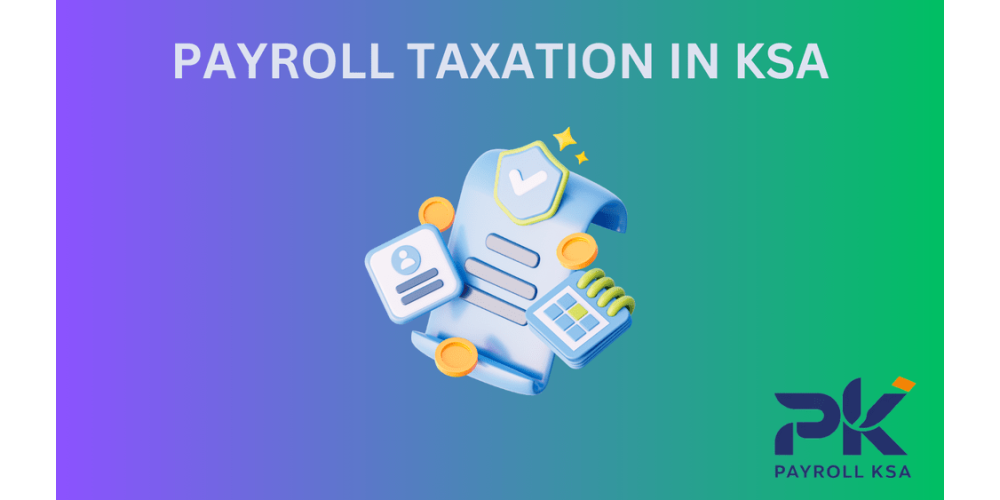
Understanding Payroll Taxation in the Kingdom of Saudi Arabia (KSA)
In the Kingdom of Saudi Arabia (KSA), payroll taxation is a critical aspect of business operations that requires meticulous attention to detail and compliance with local regulations. This blog aims to provide a comprehensive overview of payroll taxation in KSA, highlighting key elements such as Zakat, social insurance contributions, and other payroll-related taxes that employers need to be aware of.
1. Overview of Payroll Taxation in KSA
KSA has a unique tax environment, distinct from many other countries. The taxation system primarily revolves around Zakat, a religious obligation, and social insurance contributions. Unlike many Western countries, there is no personal income tax imposed on salaries or wages. However, businesses and employers must navigate other forms of taxation and contributions that affect payroll.
2. Zakat: The Islamic Tax
Zakat is one of the Five Pillars of Islam and represents a mandatory form of almsgiving. In KSA, businesses, particularly those owned by Saudi nationals, are required to pay Zakat on their wealth. For payroll purposes, while Zakat is not directly deducted from employees' salaries, it impacts the overall financial health of a company, which indirectly influences payroll budgets and management.
Key Points about Zakat:
- Calculated at 2.5% of the business’s net worth.
- Applies to Saudi-owned businesses and mixed ownership entities.
3. Social Insurance Contributions
The General Organization for Social Insurance (GOSI) oversees the social insurance system in KSA. Employers and employees are required to make contributions to GOSI, which cover various benefits such as retirement pensions, disability insurance, and unemployment insurance.
Contribution Rates:
- Saudi Employees:
- Employer contribution: 12% of the employee’s salary
- Employee contribution: 10% of their salary
- Non-Saudi Employees:
- Employer contribution: 2% for occupational hazards insurance
- No contribution required from the employee
4. Wage Protection System (WPS)
The Wage Protection System (WPS) is an initiative by the Ministry of Human Resources and Social Development to ensure timely and full payment of wages to employees. While not a tax, compliance with WPS is mandatory and affects payroll operations. Employers must transfer salaries through designated banks, ensuring transparency and adherence to labor laws.
Key Requirements of WPS:
- Monthly salary payments through approved channels.
- Detailed payroll reporting to the ministry.
5. Other Payroll-Related Obligations
In addition to Zakat and social insurance contributions, employers in KSA need to be mindful of other payroll-related obligations that can impact financial planning and compliance.
Housing Allowance:
- Often provided to employees as part of their compensation package.
- Typically accounts for 25% of the basic salary.
End-of-Service Benefits (ESB):
- Employers are required to provide ESB upon termination of employment.
- ESB calculation is based on the length of service and the employee’s final salary.
6. Compliance and Reporting
Ensuring compliance with payroll taxation and related obligations in KSA involves diligent record-keeping and reporting. Businesses must:
- Maintain accurate payroll records.
- Submit regular reports to GOSI and other relevant authorities.
- Stay updated on changes in tax laws and regulations.
Conclusion
Understanding and managing payroll taxation in KSA is essential for businesses operating in the region. By staying informed about Zakat, social insurance contributions, and other payroll obligations, employers can ensure compliance, avoid penalties, and maintain a healthy financial status. Adopting best practices and leveraging technology can further enhance payroll management, contributing to the overall success and stability of the organization.
Request A Call Back
We will try and understand your system architecture & discuss details of what it will take for you to get 100% compliant.








